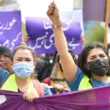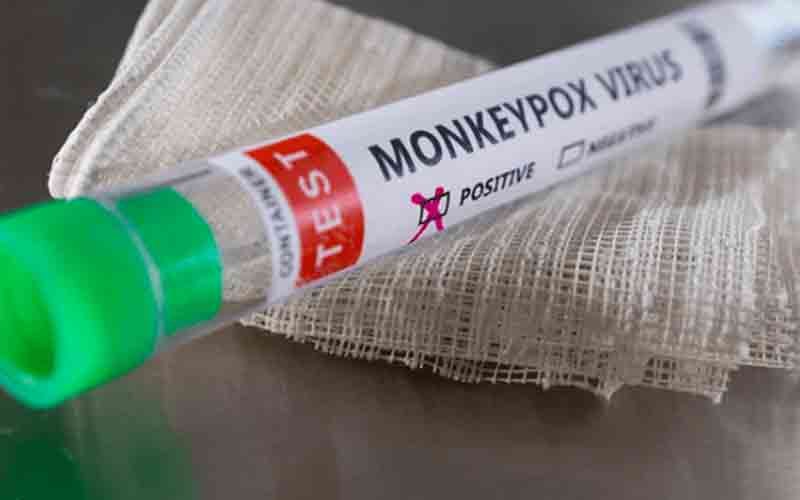The first confirmed case of Monkeypox (M-pox) has been reported in Karachi, raising concerns about the spread of the virus in Pakistan.
A 29-year-old man tested positive after laboratory tests, and he is currently undergoing treatment at Jinnah Hospital. His samples were tested at Dow University Laboratory, confirming the presence of the virus.
Here’s everything you need to know about monkeypox, its symptoms, transmission, and preventive measures.
What is Monkeypox?
Monkeypox is a viral disease that spreads from animals to humans and has symptoms similar to smallpox, though it is clinically less severe.
The virus is primarily found in Central and West Africa, but cases have been reported in Europe, the UK, the USA, Canada, Spain, Portugal, Sweden, and Italy in recent years.
How Does Monkeypox Spread?
The virus is mainly transmitted through:
- Animal-to-human contact: Direct contact with infected animals such as squirrels, rats, and monkeys.
- Human-to-human transmission: Close face-to-face contact, direct physical contact, or exposure to contaminated clothing or bedding.
- Consumption of infected animals: Eating undercooked meat or handling infected animal products increases the risk.
READ: First M-Pox Case Reported in Karachi
What are the symptoms of M-Pox?
Monkeypox symptoms appear 6 to 13 days after exposure but can range from 5 to 21 days. The disease progresses in two stages:
Early Symptoms (First 5 Days):
- Fever
- Severe headache
- Swollen lymph nodes
- Back pain
- Muscle aches
- Extreme fatigue
- Skin Rash Phase (1–3 Days After Fever)
The rash begins on the face and spreads to the palms, soles, genitals, and eyes.
How Long Do Symptoms Last?
Monkeypox usually lasts 2 to 4 weeks. Severe cases are more common in children or those with weakened immune systems, leading to complications such as:
- Secondary infections
- Pneumonia
- Sepsis (blood infection)
- Brain inflammation (encephalitis)
- Eye infections, possibly causing blindness
Diagnosis and Treatment
Monkeypox is diagnosed using a PCR test, similar to COVID-19 testing. Since rashes can resemble chickenpox, measles, or skin infections, laboratory testing is essential for confirmation.
There is no specific treatment, but supportive care is provided:
- Fluids and nutrition
- Pain and fever management
- Antibiotics for secondary infections
Is M-Pox vaccination available in Pakistan?
In November 2024, the World Health Organization (WHO) approved the emergency use of the M-Pox (monkeypox) vaccine, LC16, developed by Japan’s KM Biologics.
This marks the second vaccine to gain WHO approval, following Bavarian Nordic’s vaccine, which was authorized earlier this year.
While Pakistan has taken steps to strengthen its diagnostic capacity and has reactivated its National Command and Operation Center to lead the national mpox response, as of March 22, 2025, it does not have a readily available mpox vaccine for the general public.
How to Protect Yourself?
- Avoid direct contact with infected people or animals.
- Wash hands frequently with soap.
- Use masks and gloves when caring for infected individuals.
- Avoid consuming undercooked meat from unknown sources.
- Sanitize bedding and clothing used by infected individuals.
Authorities advise Karachi residents to stay informed, take precautions, and report suspected cases to health departments to prevent further spread.










